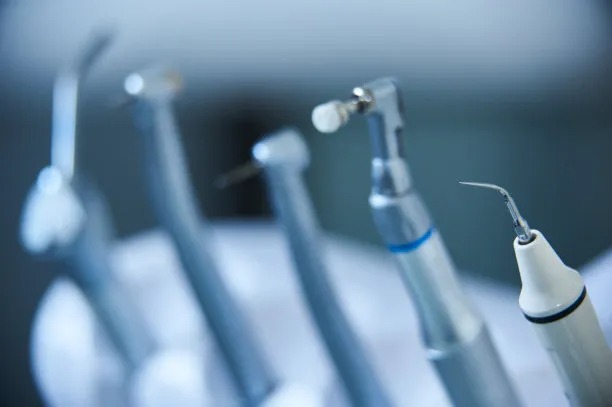Essential Precautions You Should Take Before and After Dental Filling Treatments to Ensure Optimal Oral Health
Summary: Dental fillings are crucial for restoring damaged teeth and maintaining oral health. However, it’s essential to take precautions before and after the treatment to ensure optimal care. This article details critical measures you should consider, focusing on preparation, aftercare, dietary considerations, and regular dental check-ups. By following these essential precautions, you can enhance the effectiveness of the treatment and promote long-term oral wellbeing. Taking responsibility for your dental care helps prevent complications and fosters a healthier smile.
1. Important Preparations Before the Treatment

The first step towards a successful dental filling procedure is to prepare adequately. Before your appointment, it’s essential to communicate openly with your dentist about any medications you are taking and any medical conditions you have. This information helps the dentist tailor the treatment to your specific needs and avoid potential complications.
Additionally, ensure that you maintain good oral hygiene in the days leading up to your appointment. Brush and floss your teeth thoroughly to minimize the risk of infection and prepare your mouth for the procedure. A clean oral environment reduces the chance of bacteria interfering with the filling material.
Furthermore, consider arranging for someone to accompany you to your appointment, especially if you are receiving anesthesia. Having a friend or family member can provide comfort and ensure you get home safely post-treatment.
2. Aftercare Practices for Optimal Recovery
After receiving a dental filling, it’s crucial to follow specific aftercare practices to promote proper healing. First and foremost, be gentle with the treated area; avoid chewing on that side of your mouth for at least 24 hours as the anesthesia wears off. This will help prevent accidentally biting your cheek or tongue during recovery.
Additionally, manage any discomfort you may experience following the procedure. Over-the-counter pain relief may be necessary, but always follow your dentist’s recommendations regarding medication. If the discomfort persists beyond a reasonable time frame, don’t hesitate to contact your dentist for further evaluation.
Moreover, practicing good oral hygiene is vital even after dental fillings. Make sure to brush your teeth carefully, avoiding the filling initially, and return to your usual routine as recommended by your dentist. This proactive approach not only promotes healing but also helps maintain the longevity of the filling.
3. Dietary Considerations to Keep in Mind
Your diet plays a significant role in the care of your dental fillings. Immediately after the treatment, it’s advisable to avoid hot, cold, or hard foods that might cause discomfort or disturb the filling. Stick to soft foods and drinks for at least 24 hours after the procedure.
Additionally, if you receive a composite filling, be aware that it can take several hours to fully set. During this time, refrain from eating or drinking anything that could stick to the filling or cause it to shift out of place. Drinking water is a safe option, but ensure that it is at a moderate temperature.
Lastly, maintain a balanced diet focusing on calcium and vitamins to support healthy teeth and gums. Incorporating foods like yogurt, leafy greens, and nuts can help strengthen your teeth over time and prevent further damage.
4. Regular Dental Check-ups Promise Longevity
Following your dental filling treatment, scheduling regular dental check-ups is vital for ensuring the longevity of your fillings and overall oral health. Routine appointments allow your dentist to monitor the condition of the filling and identify any issues early on.
During these visits, your dentist can perform cleanings and necessary procedures that can help prolong the life of your fillings and protect against dental decay. Don’t underestimate the importance of preventive care in maintaining your dental work.
Additionally, these check-ups give you the opportunity to discuss any concerns or changes you may have noticed in your oral health. Whether it’s tooth sensitivity or changes in your bite, keeping an open line of communication with your dentist can lead to better treatment outcomes.
Summary:
In conclusion, taking essential precautions before and after dental filling treatments is crucial in ensuring optimal oral health. From preparing adequately for the treatment to maintaining proper aftercare and paying attention to your diet, all these measures collectively contribute to a successful dental experience.
Regular dental check-ups further enhance the longevity of your fillings, reinforcing the importance of proactive oral health management. By being diligent in these practices, you are not only safeguarding your dental investments but also promoting overall oral health.
This article is compiled by Vickong Dental and the content is for reference only.



